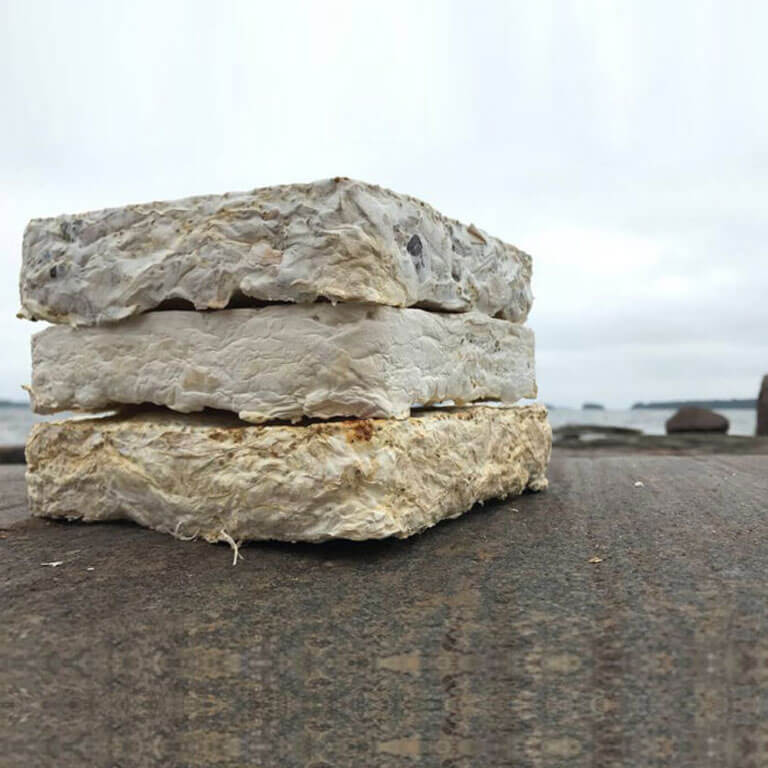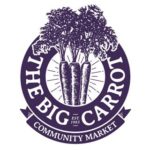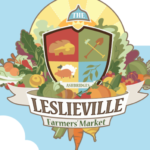The Spent Goods Company was born out of frustration at seeing so much waste in the world–waste that’s harmful to the environment. We’re at a critical moment in history where real changes, both large and small, are necessary to mitigate the dangers of climate change.
Inspired by organizations like the Plastic Bank and other nonprofits that are developing fiscal incentives for recycling plastic, we set out to be part of the solution by finding a similar model that helps our local community.
Rather than relying purely on goodwill to help fight climate change, we want to encourage greater participation from businesses by highlighting the value proposition of limiting waste. In short, we’re showing how food ‘waste’ can be transformed into revenue, rather than filling landfills where it contributes to greenhouse gases. For instance, used coffee grinds are being transformed into clothing and brewer’s waste into bricks, animal feed, and mushroom spawn.
Diverting food waste from landfill could reduce 70 gigatons of CO2 by 2050. The good news is that 5 US states, as well as Vancouver and Ontario, have already started exploring food waste landfill diversion as part of their circular economy initiatives. And some companies already reuse their food waste to make money. For instance, MillerCoors produces inputs for high-fiber foods, vitamin supplements, and pharmaceuticals–all from their by-products.
The Spent Goods Company strives to:
- Inspire social acceptance of upcycling food
- Encourage greenhouse gas reduction through financial incentives
- Promote local adoption of circular economy solutions
We believe that individuals and businesses will embrace solutions when social benefits are reinforced by financial gains.
Repeatable Solution #1: Beer->Bread
We’re currently working with craft breweries to transform their leftover barley grains (spent grains) into delicious food.
How do we make Beer Bread?

To make baked goods, Spent Goods facilitates the sourcing of spent grains from craft breweries to artisan bakeries.
Spent Goods handles sales and distribution of baked goods via online, physical retails and farmer’s markets.
Why Barley Grains?
Every year, 16,000,000 kilograms of brewery grains end up in Ontario landfills.
With that, we could produce two loaves of bread for every resident of Ontario…. every week for a year!
Not to mention, these brewery grains have twice the amount of fibre and protein compared to standard wheat.

Circular economy
We’re part of the circular economy, which is an alternate way of doing business that extracts as much value as possible from resources by recycling, repairing, reusing, repurposing, or refurbishing products and materials—eliminating waste and greenhouse gas emissions at the design stage.
Local economy
We’re seeking to transform the significant volume of spent grains produced by urban craft breweries and feed people locally, instead of transporting to landfills or animal farms hours outside of the city.
By working with local businesses, we encourage a more resilient local food supply.
We believe that when local businesses collaborate, we all win.
Local businesses realize cost savings / generate revenue / promote a sustainable lifestyle through sale of Spent Goods.
What are we doing that is unique?
We’re food transformers – when we see spent grains, we don’t see the traditional linear way of single use and then disposal to landfill or use as animal feed.
Instead, we’re finding practical, multiple uses for spent grains, prior to disposal.
In addition to incorporating spent grains into bread, spent grains can also be transformed into corrugated cardboard. Imagine the impact that Amazon would have if they used cardboard that incorporated even a small percentage of spent grains!
Thus, we’re expanding the functionality (and perceived value) of spent grains while feeding people.

Food waste transforming solution provider
Spent Goods is looking to advance our technology prototyped with a single food waste input (spent barley) with a single food transformer (bakery) in Toronto, ON to multiple food waste streams with multiple transformers across Canada.
Repeatable Solution #2: Bread -> Beer
By adding day old bread to beer mash, we can transform Bread-> Beer.
We call it Sourdough IPA
We’re proof that you can make Bread into Beer and then use Beer to make Bread.
i.e., Bread -> Beer -> Bread … closed loop solutions!

Solution #3: Spent coffee -> Grow Mushroom based Building Insulation
We’re exploring solutions to deal with the spent coffee grinds generated by urban coffee shops.
Based on innovative businesses using spent coffee as growth medium for mushrooms, we’re looking at a fossil fuel free building insulation that will also biodegrade under the right conditions.
Solution #4: Barley Milk
Due to dairy allergies, animal welfare concerns, climate change, death of bees increasing the cost of almonds, the market is growing by 20% year to year. Plant-based recipe costs are marginally cheaper than whole milk; global retail prices are often double that of dairy; therefore, plant-based can spend more on overheads and marketing by manufacturer/retailer and the profits will be higher for plant-based drinks.
We’ve tested and made samples of barley based milk using spent barley grains.
Our goal would be to enable craft breweries to make plant based milk in addition to beer onsite.
Consulting Agency
We offer our food waste transformation solutions as a consulting agency to producers across Canada who need help with food waste transformation and expanding to multiple food by-product streams.
Our value proposition for businesses – They can join a larger ecosystem of vetted suppliers, access to transformational knowledge, impact measurement tools, and multi-channel sales avenues. By working together, we increase the market potential for consumer demand for upcycled foods.















